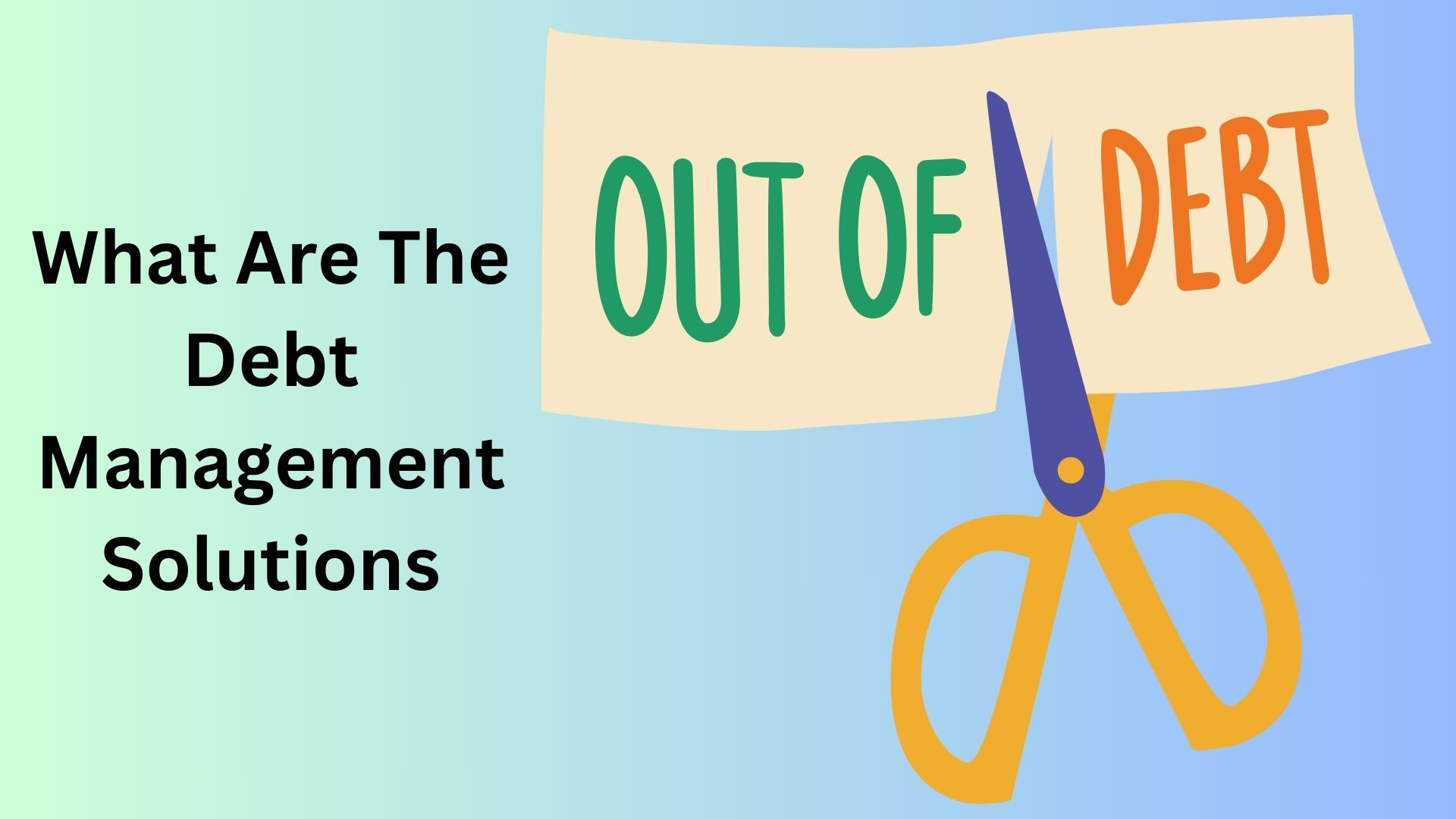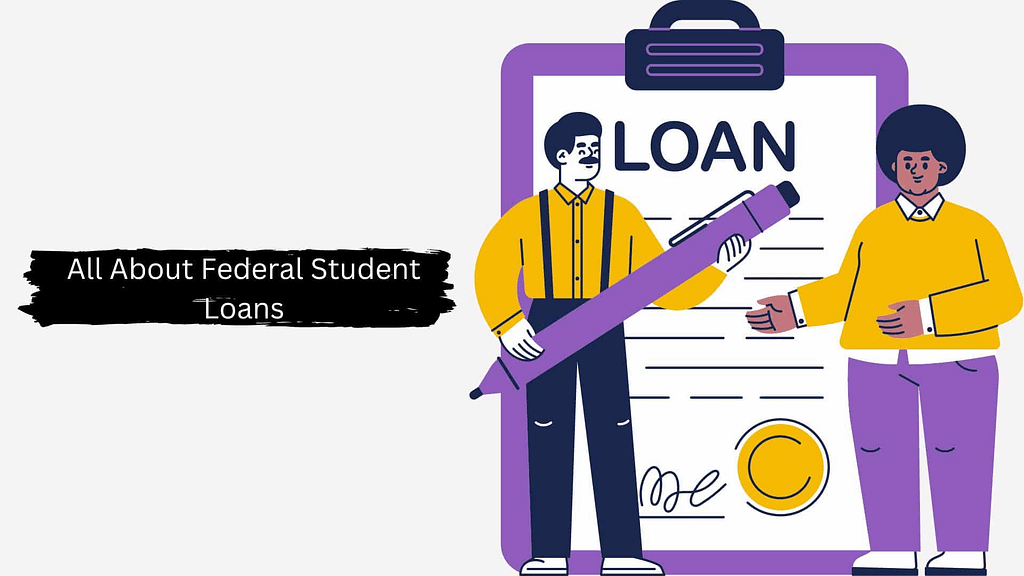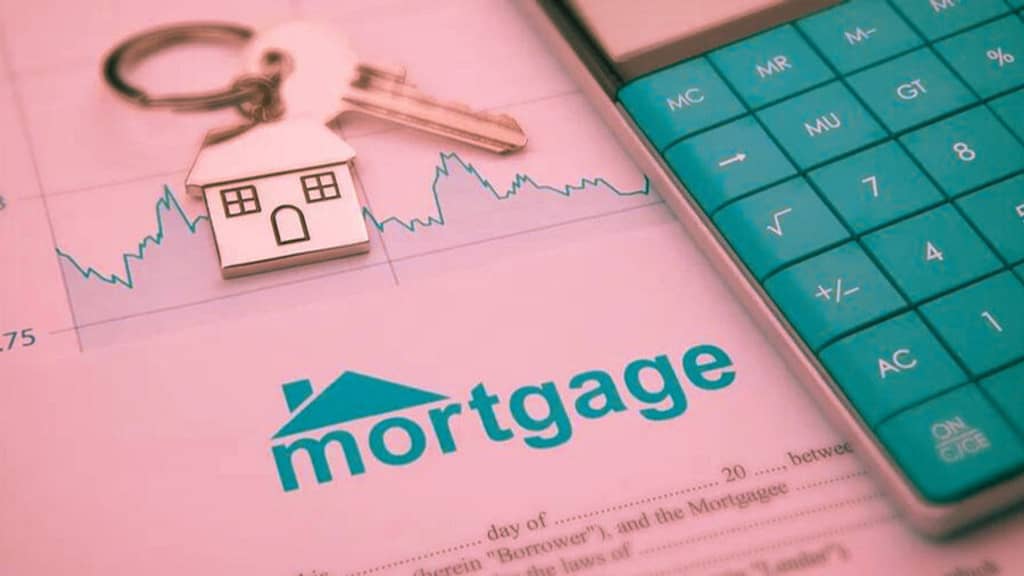What are Solutions for Managing Debt
In the life of today, there is barely a person who does not have debts. It could be credit card bills, student loans or medical expenses that are causing this financial turmoil.
However, there exist ways in which individuals can regain their control over money and work towards living without debts again.
This article will explore different debt management solutions including debt consolidation, credit counseling services; debt settlement among others as well as some strategies on how to budget wisely so that you can save enough funds for emergencies but still enjoy life too!
Know More About Debt Management
Debt management simply means following certain steps strategically in order to manage your outstanding obligations.
It involves various tactics and approaches aimed at reducing debt burden; improving financial health status and achieving long term goals of being financially independent.
Types of Debts
Credit Card Debt: This is one type where people get into trouble with high interest rates charges on their cards making them pay more than what they borrowed within no time if not controlled early enough.
Student Loans: Many individuals find themselves having student loan debts which may last for decades thereby affecting stability in terms of personal finance. With these therefore it becomes important to know various options available when repaying such loans so that they can be managed well enough without affecting other areas like retirement savings plans or investments etcetera.
Medical Bills: When an unexpected illness or injury strikes someone who lacks sufficient insurance cover; the cost associated with treatment could lead him/her into huge indebtedness mainly because there was no plan put forth earlier. Therefore negotiating payments arrangements between hospitals/clinics/doctors’ offices plus seeking financial aid from charities etcetera might help ease burden associated with medical bills hence clearing them off faster than expected otherwise.
How to Consolidate All Your Debts at Once
Typically, a debt settlement involves working with a debt settlement company or directly negotiating with creditors to reach an agreement.
When the agreement is made, people make one payment or series of payments that will settle the debt for less than what they originally owed.
Advantages of Debt Settlement
Debt Reduction: Settling can cut the amount owed drastically so that individuals pay off their obligations for less money than was initially borrowed.
Quicker Resolution: Compared to traditional methods of repaying debts, settling them can be faster and provide relief from financial burdens sooner.
Avoidance of Bankruptcy: Individuals facing extreme financial distress might find an alternative in settling their debts instead of filing for bankruptcy which could ruin their credit score as well as affect other areas related to finance management negatively over time.
Considerations Regarding Debt Settlement
Credit Score Effect: Settling an account may lead it being marked “settled” or “settled for less than full balance” on credit reports which could hurt scores depending on what else someone has done right before settling debts; however this would only apply if there were no other negatives within 12 months prior such as late payments etcetera because then those things become more important so they outweigh any impact caused by settling alone – i.e., sometimes just paying minimums each month could have worse consequences by far even though it’s not seen as negative like defaulting entirely would be considered a bad sign;
Taxes and Such: When settlements are reached where some amount is forgiven by lenders through reduction plans etc., this can be seen as income under IRS rules meaning there may be tax liabilities incurred for individual taxpayers; therefore consult experts on taxation issues related with debt relief programs like these before proceeding further into them so you don’t end up surprised later when calculating how much money should actually go towards taxes rather than just paying off your balances according to agreed terms – remember ignorance is no excuse but knowledge here definitely pays off indeed especially if one wants peace mind about such matters too;
Risk of Legal Action: It’s important to be aware that creditors may pursue legal actions against individuals who fail to pay their debts in full or according settled terms; hence take time understanding what could happen legally due not fulfilling agreements made during periods when banks agreed settle accounts with lower amounts than what had been borrowed initially because sometimes things do not work out as planned between lender so read carefully through this article before making final decision.
To manage debt effectively, one should have an efficient budget and financial plan. This implies that setting financial goals by creating budgets and putting into practice good money habits leads individuals closer to their dreams of becoming financially stable and independent.
Creating a Budget: What You Need To Know
Income And Expense Tracking – Start by keeping track of all the sources of income as well as monthly outgoings so that one can know where they stand financially.
Differentiating Essential From Non-Essential Expenses – Prioritize spending by separating necessary (rent, utilities) from non-essential items like eating out or entertainment.
Setting Realistic Financial Goals – Establish short-term objectives i.e., paying off debts; long-term ones such as saving for retirement or emergency fund creation among others which act as guides during budgeting process.
Ways Of Cutting Down Costs
Decrease Discretionary Spending – Find areas where you are able to reduce discretionary spending e.g., entertainment subscriptions, dining out etc., this way freeing up cash flow for repaying debts.
Bargaining Power On Bills And Expenses – Engage service providers like cable television companies so that they may offer lower rates thereby reducing monthly bills overall spendings too.
Automation Savings And Debt Payments – Automate transfers into different savings accounts each month alongside loan repayments which ensures steady progress towards achieving desired financial objectives without fail at any given point in time.
Debt Management Programs: A Step Towards Financial Relief
A debt management program is designed to help people pay off their debts faster. It involves credit counseling services coupled with negotiated repayment plans thus creating an avenue for personal recovery from uncontrollable levels of indebtedness while providing necessary tools to prevent future occurrences.
How Does A Debt Management Program Work?
Initial Evaluation: At this stage a complete assessment on someone’s finances including liabilities owed and ability to clear them is done so that appropriate measures can be taken accordingly later on if need be arises again down the line when things seem not working out as planned.
Creating A Plan For Repayment: Based on given information gathered during initial evaluation phase, professionals in this field will sit down with individuals involved to come up with an achievable debt management plan which spells out how much should be paid each month towards different creditors along agreed terms between parties concerned.
Making Single Payments: Once everything has been ironed out between client and credit counseling agency representatives, all payments are made through one channel (credit counseling agency) who then distributes funds as per agreement among various lenders according to debt management plan’s provisions.
Advantages Of Debt Management Programs
Only One Monthly Payment – Multiple repayments can be very confusing especially if they have different due dates thus making it hard for someone struggling financially but with this type of system everything is simplified into just making a single payment per month which makes life easier while still keeping track of everything at once thereby avoiding unnecessary errors that could cost dearly in future when things go wrong or get mixed up somewhere along line of repayment schedule causing havoc further down road towards becoming debt free eventually.
Lower Interest Rates – If you find yourself enrolled onto program like this one, there’s a good chance that majority if not all interest rates charged by lenders will be reduced significantly. As a result savings made from such reductions could shorten duration taken before being declared completely insolvent thus minimizing number years lived under financial distress caused due excessive borrowing habits characterised lack proper money management skills needed handle personal affairs responsibly.
Professional Advice And Support – Another thing worth mentioning about these programs is fact that enrolled persons always receive professional guidance support throughout entire process self-discovery awareness creation i.e., how did individual end up accumulating so much debt? What were underlying factors contributing towards accumulation massive amounts owed other institutions? Why did he/she fail meet obligations timeously what can done avoid repeating same mistakes future again etc.?
Debt Relief Programs
Debt management programs can be very dynamic. They offer a variety of synonyms for the word “benefit.” These include things like lower interest rates, consolidated payments, professional guidance and support. Such programs also aim at helping people regain control over their finances so that they can start living without debt.
FAQ
What are the possible repercussions of settling debts?
Negative impacts on credit scores, potential tax liabilities associated with forgiven debts and risks of legal action by creditors are some examples of things that might happen when someone decides to settle all his or her debts.
How can a person prioritize debt payment using different methods?
An individual may figure out which bills need to be paid first by considering several factors such as the nature and amount owed on each obligation among others. For instance, it could involve looking at those accounts charging high interests rates plus exploring alternative ways like getting into some kind of agreement with lenders or consolidating them into one loan before choosing appropriate repayment strategies e.g., snowballing method where small loans get cleared off quickly while others continue attracting more interest until everything is settled or avalanche approach where larger balances attract priority attention because they are regarded as being riskier than smaller ones.
What is the relationship between credit score and debt management? How can one maintain good rating while managing one’s financial obligations?
The effect which debt management has on somebody’s creditworthiness varies depending on what kind of program he/she selects & how well it is executed. Another thing an individual needs to do in order not mess up his/her credit report during this time frame involves making payments promptly (especially if they have been agreed upon with creditors themselves), keeping utilization ratio low (i.e., not using up all available credit) besides regularly monitoring reports provided by various agencies so as detect any inaccuracies early enough for rectification purposes.
Conclusion
Being able to manage your debts effectively contributes significantly towards achieving financial stability.
By understanding different strategies that can be used for managing one’s liabilities like consolidating them into one loan facilitated by credit counseling agencies among others it becomes possible for people to take control over their finances and work towards being freed from debt in the long-term while still improving their rating.
No matter whether someone is struggling with credit card bills, student loans or medical expenses there are always options available which can help them throughout their journey towards financial well-being thereby ensuring that they have a brighter tomorrow filled with endless opportunities.
One should keep in mind that knowledge without action will not lead to prosperity. It is, therefore, imperative to take the initiative today so as attain freedom from financial constraints.




